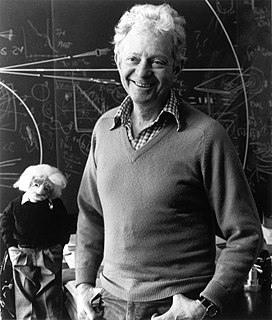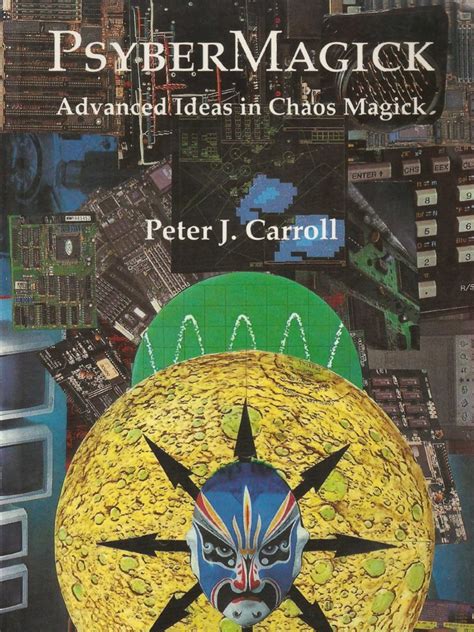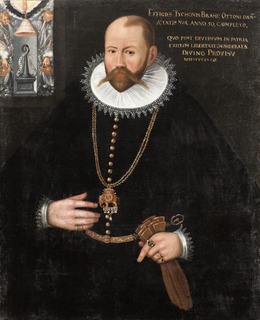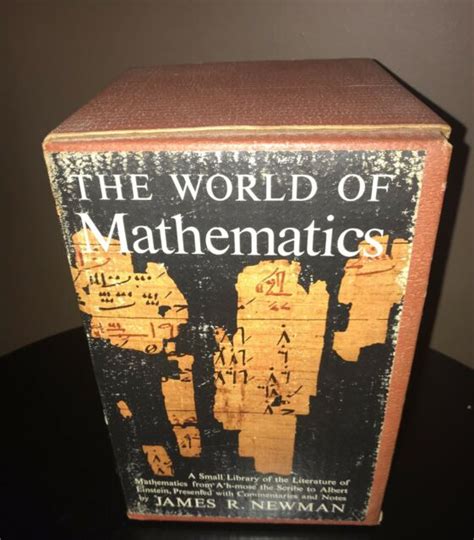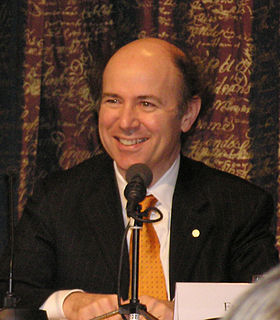A Quote by Leon M. Lederman
The aether: Invented by Isaac Newton, reinvented by James Clerk Maxwell. This is the stuff that fills up the empty space of the universe. Discredited and discarded by Einstein, the aether is now making a Nixonian comeback. It's really the vacuum, but burdened by theoretical, ghostly particles.
Related Quotes
Space, time, mass, and energy originate from Chaos, have their being in Chaos, and through the agency of the aether are moved by Chaos into the multiple forms of existence. Some of the various densities of the aether have only a partial or probablistic differentiation into existence, and are somewhat indeterminate in space and time. In the same way that mass exists as a curvature in space-time, extending with a gradually diminishing force to infinity that we recognize as gravity, so do all events, particularly events involving the human mind, send ripples through all creation.
Because the region of the Celestial World is of so great and such incredible magnitude as aforesaid, and since in what has gone before it was at least generally demonstrated that this comet continued within the limits of the space of the Aether, it seems that the complete explanation of the whole matter is not given unless we are also informed within narrower limits in what part of the widest Aether, and next to which orbs of the Planets [the comet] traces its path, and by what course it accomplishes this.
[1.] And first I suppose that there is diffused through all places an aethereal substance capable of contraction & dilatation, strongly elastick, & in a word, much like air in all respects, but far more subtile. 2. I suppose this aether pervades all gross bodies, but yet so as to stand rarer in their pores then in free spaces, & so much ye rarer as their pores are less ... 3. I suppose ye rarer aether within bodies & ye denser without them, not to be terminated in a mathematical superficies, but to grow gradually into one another.
Tell me it's never been done. Because the only real laws in this world-the only things we really know-are the two postulates of relativity, the three laws of Newton, the four laws of thermodynamics, and Maxwell's equation-no, scratch that, the only things we really know are Maxwell's equations, the three laws of Newton, the two postulates of relativity, and the periodic table. That's all we know that's true. All the rest are man's laws
If I were to give a prize for the single best idea anybody ever had, I'd give it to Darwin for the idea of natural selection - ahead of Newton, ahead of Einstein - because his idea unites the two most disparate features of our universe: the world of purposeless, meaningless matter and motion, particles jostling on the one side, and the world of meaning and purpose, design on the other.
